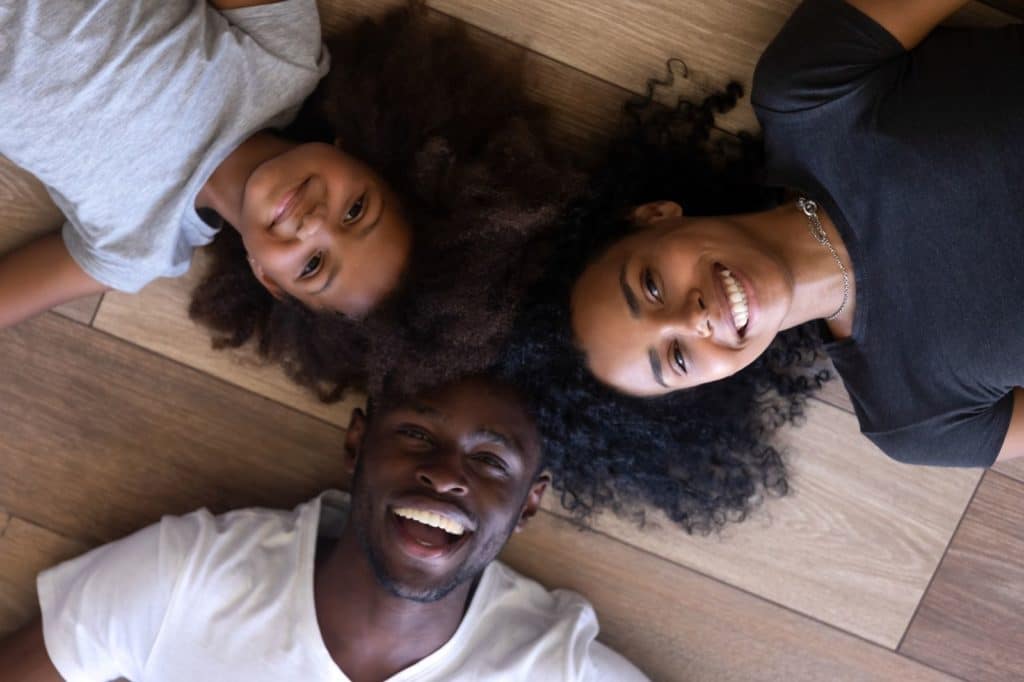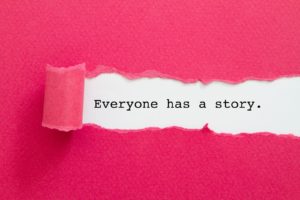Mental health is our emotional, psychological and social well-being. It affects how we think, feel and act. It is important at every stage of life, from childhood and adolescence through adulthood. Many factors contribute to mental health issues such as biological factors like genes or brain chemistry, life experiences like trauma or abuse and family history of mental health issues. Considering the reach of these factors, our understanding should be mental health issues are common and treatable. Yet statistics show only 25% of African Americans seek mental health care compared to 40% of White Americans.
We have to recognize that the African American community has unique experiences when it comes to mental health. African Americans endure race-based exclusion from health, education, social and economic resources. The United States Congressional Joint Economic Committee published “The Economic State of Black America in 2020” and it outlines deep inequities:
- The unemployment rate for Black Americans has been approximately twice the rate for Whites. Today 6% for Black workers and 3.1% for Whites.
- Black children are 3 times as likely to live in poverty as White Americans.
- The incarceration rate of Black Americans is nearly 6 times the rate for White Americans.
- The median wealth of Black families is $17,000 compared to White families, $171,000.
- Nonwhite school districts as a whole are more poorly funded.
- Blacks have a lower life expectancy than Whites.
- 11% of Black Americans do not have health insurance compared to 7% of White Americans.
In addition to these obstacles, there are cultural factors, societal pressures and stigma that influence beliefs about mental health. Mental health struggles may be perceived as shameful and treatment considered as a sign of weakness. Reducing the stigma could increase the likelihood that individuals with mental health issues would seek treatment that could help them live happier, more fulfilling lives.
What can we do to help?
- Normalize mental health through education in communities just as plainly as healthy diet, sleep and exercise.
- Educate family, friends and colleagues about the unique challenges within the African American community to help reduce implicit bias and negative assumptions.
- Cultivate safe spaces and judgement free zones to share personal experiences and those of loved ones who struggle with mental health issues.
- Seek professional help.
African American children and families face significant challenges and disparities which have a direct link to mental health issues. At Clarity Child Guidance Center our goal is to turn children’s lives around by helping children, adolescents and families overcome the disabling effects of mental illness and improve their ability to function successfully at home, at school and in the community.
As an African American woman, I have diligently worked to exceed statistical expectations but that didn’t inoculate me from life’s oppositions and traumas. I found the power of help and healing with a mental health professional that changed my life. Clarity Child Guidance Center is that help for children in need, delivering on the mission of healing young minds and hearts. Those living with mental health issues are deserving of care, understanding, compassion and pathways to hope and recovery.










